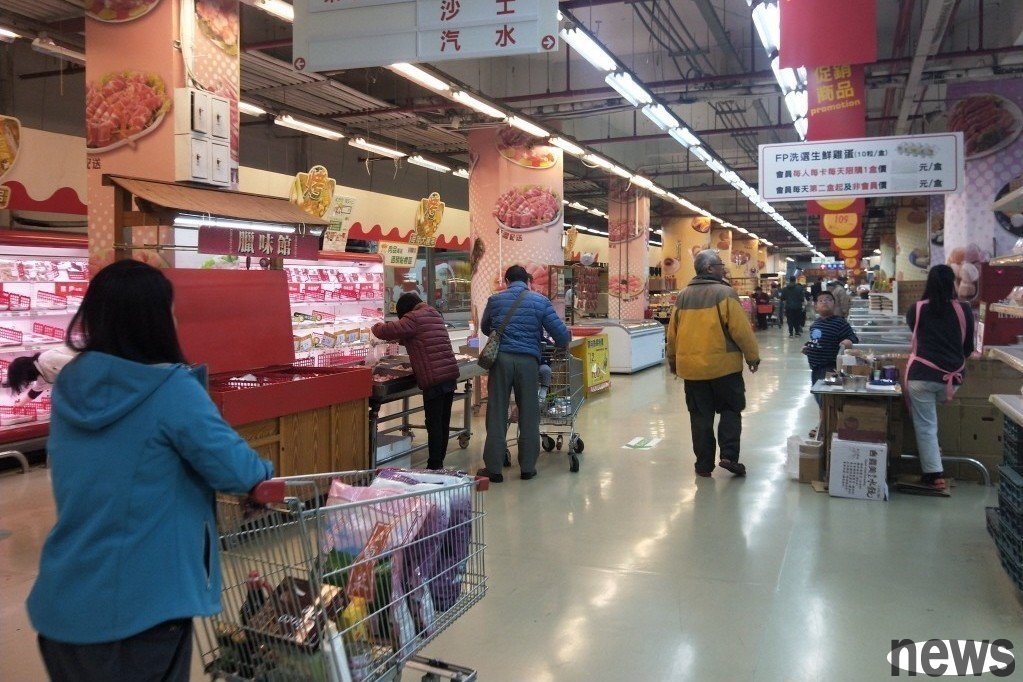
When people go to a store to buy laundry detergent or kitchen towels, they will find that there are various packaging and sizes on the shelves; according to the National Radio (NBC) Los Angeles local TV station, the shelves often have the unit price of the product, and this is the key to buying the most cost-effective product.
Consumers buy daily necessities and often it is difficult to decide to buy products with large rolls, large rolls or multiple different bottles; the reporter of the TV station calculates the price of each towel or each serving of laundry detergent for the consumer and closes the public's purse.
As far as health paper is concerned, mega rolls and plus size rolls are concerned, but medium-sized packaging is actually more cost-effective than large packaging.
If the consumer buys a single roll of kitchen towels, each is about three cents, but if he chooses any other wrapper, the cost per kitchen towel will drop to two cents.
Reporter found that the biggest difference in price was laundry. Consumers may think the largest bottle of laundry is the cheapest, but reporters find that bottles are actually the most cost-effective.
Money-saving expert Andrea. "People often think that large portions and large packages are the most cost-effective," said Andrea Woroch. But she reminds that people must understand the "single prices" to find the best-priced products.
Woroch said: "When you walk into the store, you see a lot of items on the shelves, and the prices that are very popular in the store, which can attract your attention. But what you don't know is that there are smaller unit prices in the store that you didn't notice."
Most stores have already calculated the unit prices for products for consumers, such as per ounce, per pound, per add or per 100 units.
The fundamental key to saving money: pay attention to single sales prices. Wolocci said that if you want to buy large portions of food or goods, you must ensure that the food is frozen or used before the goods are damaged, so as not to cause food waste or throw money into the trash can in vain.
